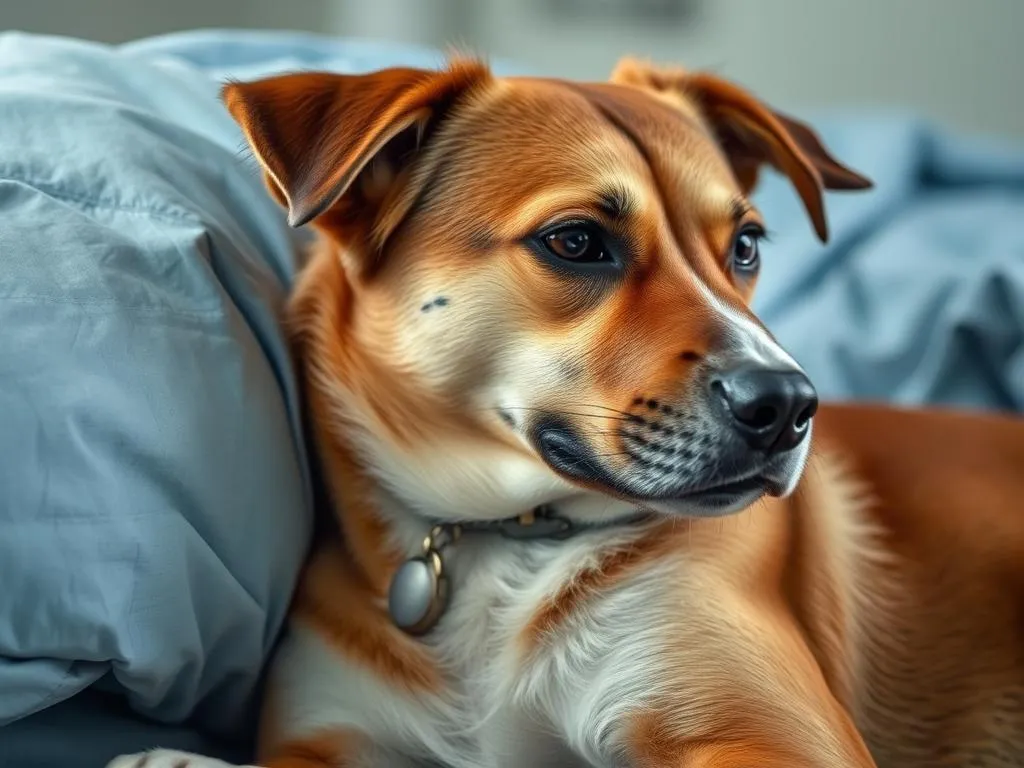
Introduction
When it comes to our furry friends, ensuring their health is paramount. Dog health care encompasses regular check-ups, vaccinations, and, at times, surgeries. Among the various procedures that dogs may undergo, stomach surgery is one of the more common yet critical interventions. Conditions such as gastric torsion (bloat), foreign body ingestion, or tumors can necessitate surgical intervention. Understanding the recovery process is essential for pet owners. One of the most pressing questions you might have is, how long will it take my dog to recover from stomach surgery? This article will guide you through the recovery journey, ensuring you know what to expect and how to provide the best care for your canine companion.
Understanding Stomach Surgery in Dogs
What is Stomach Surgery?
Stomach surgery in dogs refers to a variety of surgical procedures aimed at addressing issues within the gastrointestinal tract. These surgeries can range from simple exploratory procedures to complex operations that involve removing parts of the stomach or intestines. Common types of stomach surgeries include:
- Gastropexy: A procedure to prevent gastric torsion by attaching the stomach to the abdominal wall.
- Gastrotomy: Opening the stomach to remove foreign objects or tumors.
- Partial or total gastrectomy: Removal of a portion or the entire stomach due to cancer or severe damage.
Reasons for Stomach Surgery
Several medical conditions can lead to the need for stomach surgery in dogs. Some of the most common reasons include:
- Gastric Torsion (Bloat): This life-threatening condition occurs when the stomach fills with gas and twists, cutting off blood flow.
- Foreign Body Ingestion: Dogs are notorious for swallowing items they shouldn’t, such as toys, bones, or clothing, which can obstruct their digestive tract.
- Tumors: Growths in the stomach can disrupt normal digestion and may require surgical removal.
Signs that indicate your dog may need stomach surgery include vomiting, lethargy, abdominal pain, bloating, and loss of appetite. If you observe these symptoms, it’s crucial to seek veterinary care immediately.
Risks and Complications
Like any surgery, stomach surgery in dogs carries inherent risks. Potential complications can arise during or after the procedure, including:
- Infection at the surgical site
- Anesthesia reactions
- Internal bleeding
- Intestinal obstruction
While these risks exist, they are often outweighed by the benefits of surgery, especially in life-threatening situations.
Recovery Timeline
Immediate Post-Surgery Recovery
The first 24 hours post-surgery are critical. During this time, your dog will be monitored closely by veterinary staff to ensure that vital signs remain stable. Expect your dog to be groggy and possibly disoriented due to anesthesia. It’s not unusual for them to show limited interest in food or water initially.
General Recovery Timeframe
Recovery times can vary significantly depending on the type of surgery performed. On average, dogs may take anywhere from two weeks to several months to fully recover. Here’s a general breakdown:
- Gastropexy: Typically, dogs recover within one to two weeks.
- Gastrotomy: Recovery may take two to three weeks, depending on the extent of the surgery.
- Partial or total gastrectomy: This can take several weeks to months, especially if there are complications.
Several factors can influence recovery time, including the dog’s age, overall health, and any underlying conditions. Younger, healthier dogs tend to recover faster than older dogs or those with health issues.
Signs of Complications
Monitoring your dog after surgery is crucial. There are specific symptoms that may indicate complications or a delay in recovery. These include:
- Persistent vomiting
- Severe abdominal pain or swelling
- Excessive lethargy or unresponsiveness
- Refusal to eat or drink for more than 24 hours
- Discharge or severe swelling at the surgical site
If you notice any of these signs, it’s essential to contact your veterinarian promptly.
Post-Surgery Care
At-Home Care Instructions
Caring for your dog at home after stomach surgery is vital for a smooth recovery. Here are some guidelines:
- Feeding: Initially, your veterinarian may recommend a bland diet (e.g., boiled chicken and rice) in small portions. Gradually reintroduce their regular diet as advised.
- Feeding Schedule: Feed smaller meals more frequently to prevent nausea. Gradually transition back to their normal feeding routine as they recover.
- Activity Restrictions: Limit your dog’s physical activity for at least two weeks. Avoid running, jumping, or playing rough. Short, leashed walks are recommended for bathroom breaks.
Medications and Follow-Up
After surgery, your veterinarian will likely prescribe medications to manage pain and prevent infection. Common medications include:
- Pain relievers: To help manage discomfort.
- Antibiotics: To prevent or treat infections.
It’s essential to follow the prescribed medication schedule and complete the entire course, even if your dog appears to be feeling better. Additionally, follow-up appointments are crucial to monitor your dog’s healing process and ensure no complications arise.
Managing Pain and Comfort
Creating a comfortable environment for your recovering dog is essential. Consider the following techniques:
- Bed Positioning: Provide a soft, supportive bed in a quiet area to minimize stress.
- Quiet Environment: Limit noise and distractions to help your dog rest.
Watch for signs that indicate your dog may need further pain management, such as whimpering, panting, or difficulty getting comfortable.
Nutrition and Hydration Post-Surgery
Importance of Proper Nutrition
Nutrition plays a vital role in your dog’s recovery. A well-balanced diet can help speed up healing and restore energy levels. Post-surgery, consider the following dietary recommendations:
- High-Quality Protein: Foods rich in protein help repair tissues and maintain muscle mass.
- Easily Digestible Foods: Choose diets formulated for sensitive stomachs to reduce the risk of gastrointestinal upset.
- Supplements: Consult with your veterinarian about incorporating supplements, such as omega-3 fatty acids, to support healing.
Hydration Needs
Hydration is equally important during recovery. Ensure your dog has constant access to fresh water. You can encourage water intake in several ways:
- Flavoring Water: Adding low-sodium chicken or beef broth can make water more appealing.
- Ice Cubes: Some dogs enjoy chewing on ice cubes, which can also help with hydration.
Long-Term Care and Monitoring
Behavioral Changes to Watch For
As your dog recovers, monitor for any behavioral changes. Signs that may indicate issues include:
- Increased aggression or anxiety
- Changes in appetite or weight
- Withdrawal from social interaction
Each of these signs could indicate discomfort or complications, and it’s essential to consult with your veterinarian if you notice any concerning behavior.
Regular Health Checks
Routine veterinary check-ups are crucial post-surgery. Your veterinarian will recommend follow-up visits to assess your dog’s recovery and overall health. Typically, the first check-up occurs within one to two weeks after surgery, with additional appointments scheduled as necessary.
Lifestyle Adjustments for Recovery
To support your dog’s recovery, consider adjusting daily routines. This might include:
- Creating a safe space: Ensure your dog has a designated area free from hazards and distractions.
- Monitoring interactions: Be cautious when allowing your dog to interact with other pets or children during the recovery phase.
Conclusion
Caring for a dog recovering from stomach surgery requires diligence and understanding. By recognizing the recovery timeline, providing appropriate at-home care, and monitoring your dog’s progress, you can significantly influence their healing journey. Always consult with your veterinarian to address any concerns and to receive personalized guidance tailored to your dog’s specific needs. So, when asking yourself, how long will it take my dog to recover from stomach surgery?, remember that recovery is a process that varies from dog to dog. Your attentive care can make all the difference in this crucial time.









